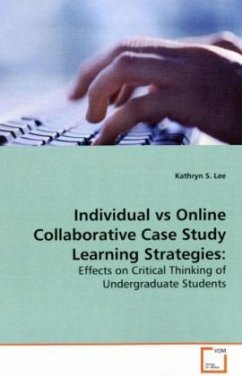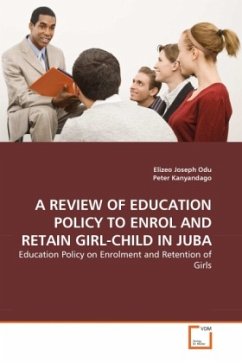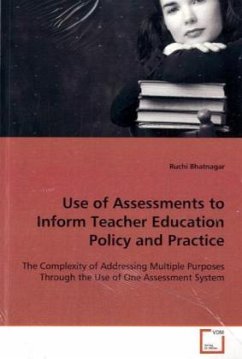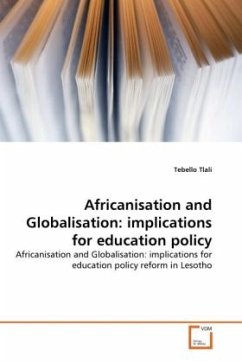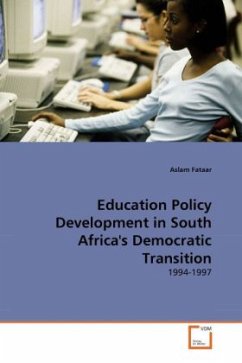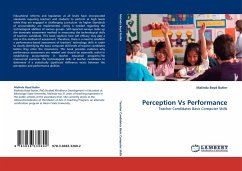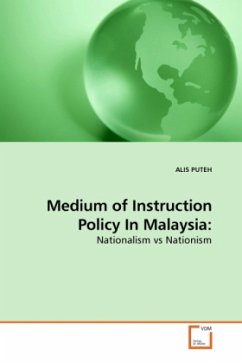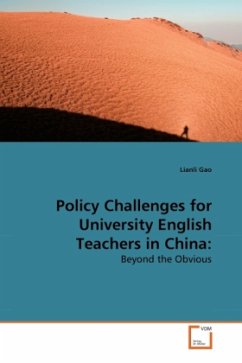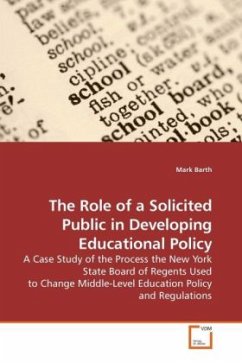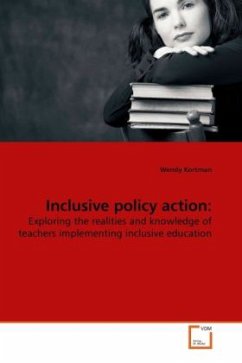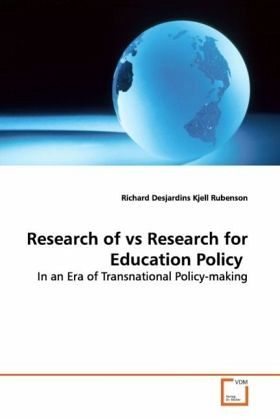
Research of vs Research for Education Policy
In an Era of Transnational Policy-making
Versandkostenfrei!
Versandfertig in 6-10 Tagen
52,99 €
inkl. MwSt.

PAYBACK Punkte
26 °P sammeln!
As national governments reform their educational systems to meet the challenges of living in a globalised world, the agenda setting power of transnational organizations like the OECD and the EU have become more transparent in the last decade. The phenomenon of globalization has a number of implications for education policy-making processes and not least it has had an impact on who conducts policy studies and how. This book brings together a variety of contributions which explore recent political economic changes affecting education policy-making processes including the ascension of neo-liberal...
As national governments reform their educational
systems to meet the challenges of living in a
globalised world, the agenda setting power of
transnational organizations like the OECD and the EU
have become more transparent in the last decade. The
phenomenon of globalization has a number of
implications for education policy-making processes
and not least it has had an impact on who conducts
policy studies and how. This book brings together a
variety of contributions which explore recent
political economic changes affecting education
policy-making processes including the ascension of
neo-liberalism and the transnationalization of
education policy-making, as well as the tension
between research of policy and research for policy.
Working from different perspectives, the authors
help to provide a better understanding of these two
important sets of issues which the field of
education must contend with today.
systems to meet the challenges of living in a
globalised world, the agenda setting power of
transnational organizations like the OECD and the EU
have become more transparent in the last decade. The
phenomenon of globalization has a number of
implications for education policy-making processes
and not least it has had an impact on who conducts
policy studies and how. This book brings together a
variety of contributions which explore recent
political economic changes affecting education
policy-making processes including the ascension of
neo-liberalism and the transnationalization of
education policy-making, as well as the tension
between research of policy and research for policy.
Working from different perspectives, the authors
help to provide a better understanding of these two
important sets of issues which the field of
education must contend with today.



